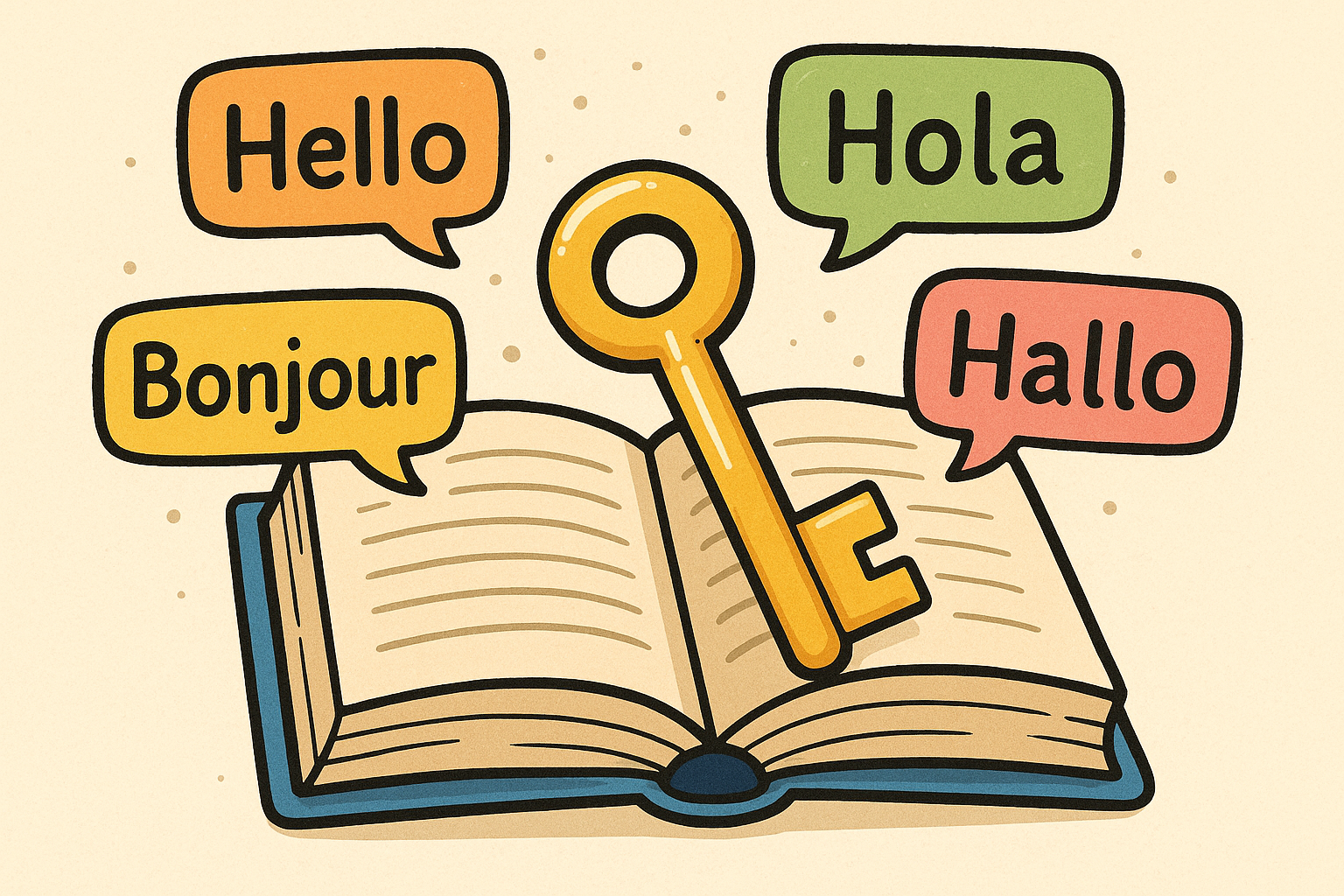Languages: Acquiring new Language #1 (Keys 🔑)
How to start your programming Journey
It’s not about the programming language you choose; it’s about understanding the logic and math behind what you want to create. Just like singers who captivate us with their ideas, programmers can revolutionize the world with their code 🧑💻.

Introduction
Acquiring a new language is a transformative journey that not only changes how you see the world but also enhances your career development. Embracing a new language allows you to experience different perspectives and cultures, which can significantly boost your professional growth.
The Traditional Approach to Language Learning
In my opinion, merely reading a grammar book is not the most effective way to acquire a new language. This traditional method often complicates the learning process and can make it feel more challenging than necessary. Instead of focusing solely on grammar rules, it’s crucial to build a connection between the language and tangible experiences.
The Natural Method of Learning Vocabulary
To achieve a native speaker level or to think in the new language, it’s essential to integrate sensory experiences into your learning process. This approach involves associating new vocabulary with images, sounds, smells, and other senses, which helps create a more intuitive connection to the language.
Memory and Cognitive Connection
Our brains store knowledge in a way similar to Python dictionaries, where each piece of information is linked to a specific key. For effective recall, you need to provide your brain with the correct key associated with the information you want to retrieve. This concept can be applied to language learning by using sensory cues as keys to access vocabulary.
Comparison of Learning Methods
Let’s consider learning German with English as the native language. Using the example of the word “cat,” which translates to “eine Katze” in German:
-
Old-School Method: You learn by connecting new words with their meanings in your native language. This method often requires translating from one language to another, which can be slow and cumbersome, especially in conversation.
-
Natural Method: By associating the word “cat” with a picture of a cat and the German term “eine Katze,” you create a direct connection between the visual cue and the new vocabulary. This method reduces the time needed to recall information and facilitates more natural use of the language.
Benefits of the Natural Method
The natural approach to learning vocabulary is more effective because it leverages sensory experiences to create strong associations. This method allows for quicker recall and makes it easier to use the language in real-life situations, leading to more fluent and natural communication.
Conclusion
Incorporating sensory experiences into your language learning process can significantly enhance your ability to recall and use new vocabulary. Moving away from traditional methods and embracing a more intuitive approach will help you achieve fluency and integrate the language into your daily life more effectively.